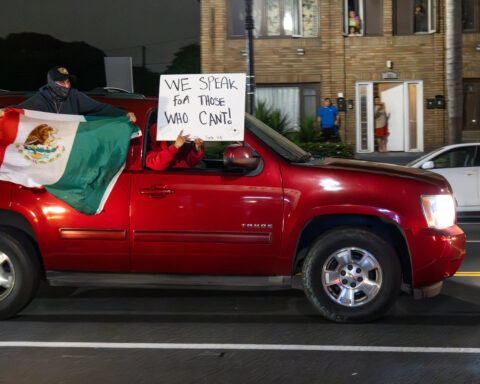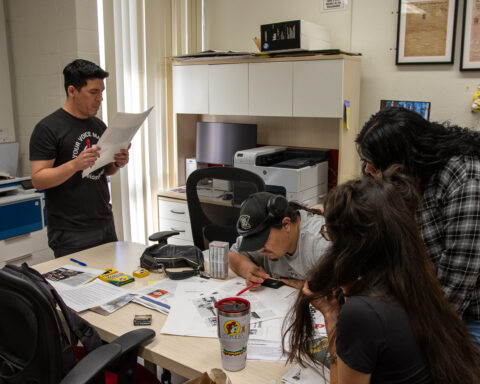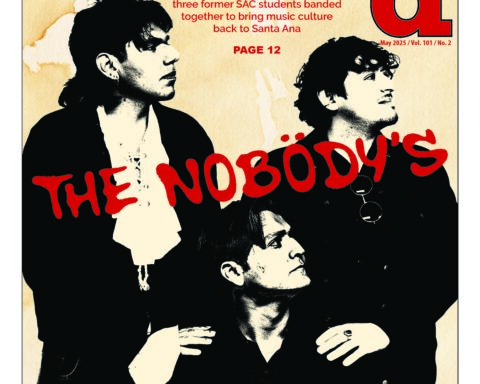Lance Armstrong fought everything. Every slight, every insinuation, every challenge to his authority by a teammate or rival.
That he has given up the fight to clear himself of doping charges is more stunning than anything he did on a bicycle, most of which now will be wiped from the record books. Armstrong has decided to leave his legacy to the court of public opinion rather than continue to fight charges brought against him by the U.S. Anti-Doping Agency.
But he officially will be known as a doping cheat forever.
USADA has alleged Armstrong was a major player in the doping practices of his cycling team. Armstrong’s decision not to formally contest those allegations at a USADA arbitration hearing means he will be stripped of his seven Tour de France titles and a 2000 Olympic bronze medal and be given a lifetime ban from the sport under provisions of the World Anti-Doping Code.
His last defense came in a nyah-nyah Thursday statement accusing USADA and its chief executive, Travis Tygart, of a witch hunt. Armstrong said no one ever can strip him of the feeling that he won the seven Tours fair and square.
“It is a sad day for all of us who love sport and our athletic heroes,” Tygart said in a statement Thursday night. “This is a heartbreaking example of how the win-at-all-costs culture of sport, if left unchecked, will overtake fair, safe and honest competition, but for clean athletes, it is a reassuring reminder that there is hope for future generations to compete on a level playing field without the use of performance-enhancing drugs.”
In his statement, Armstrong continued to deny having doped and to rely on the argument he never had been found guilty of a doping violation through a positive test, an argument that the Marion Jones case rendered specious. Jones also had no positive tests but admitted to having doped.
“There comes a point in every man’s life when he has to say, ‘Enough is enough,'” Armstrong said. “Over the past three years, I have been subjected to a two-year federal criminal investigation followed by Travis Tygart’s unconstitutional witch hunt. “The toll this has taken on my family, and my work for our foundation and on me leads me to where I am today _ finished with this nonsense.”
When a federal judge in Armstrong’s hometown of Austin, Texas, Monday dismissed his lawsuit challenging USADA’s authority in the case, it left the cyclist with the choice of taking part in a hearing that likely would have produced testimony to besmirch his reputation and credibility or, as he has done, taking his ball and going home.
It remains to be seen how much this will affect Armstrong’s standing among those who found inspiration in his having overcome cancer to win one of the most demanding events in sports seven times.
Armstrong’s most fervent supporters already have dismissed the idea he might have cheated as being less significant than his example and his foundation’s fundraising efforts in the fight against cancer.
Their opinions are unlikely to be changed by his decision to give up this fight, even if it seems so out of character for a man who fought the disease with an iron will. Armstrong’s Thursday statement still was filled with the arrogance and bravado that marked his post-cancer cycling career. In a sport thoroughly riddled with doping, he repeatedly crushed Tour de France rivals who later were found to have cheated. That made the notion he was the one good apple in a rotten barrel seem less and less plausible. His unseemly association with an Italian doctor whose reputation was sulfurous only added to the doubts about Armstrong’s career.
His refusal to find anything wrong in working with Dr. Michele Ferrari, whom USADA gave a lifetime ban in March, was classic Armstrong in its defiance. Armstrong said he gave up the fight with USADA because it wouldn’t be fair. And he all but admitted guilt by saying, “The idea that athletes can be convicted today without positive A and B samples, under the same rules and procedures that apply to athletes with positive tests, perverts the system.”
The true perversity was cycling’s willing acceptance of doping. Those were the rules of the game Armstrong was in. It is no surprise that USADA would find he followed them. It also is no surprise they found he hadn’t stayed a follower for long. For nearly a decade, everyone in cycling played by Lance Armstrong’s rules. He was gaming an already corrupt system.
- The two-party system is failing us. - October 19, 2024
- Read our Fall 2023 Print: Vol. 100 No. 1 - October 23, 2023
- Santa Ana College Awarded State Department of Finance Grant - April 2, 2015











